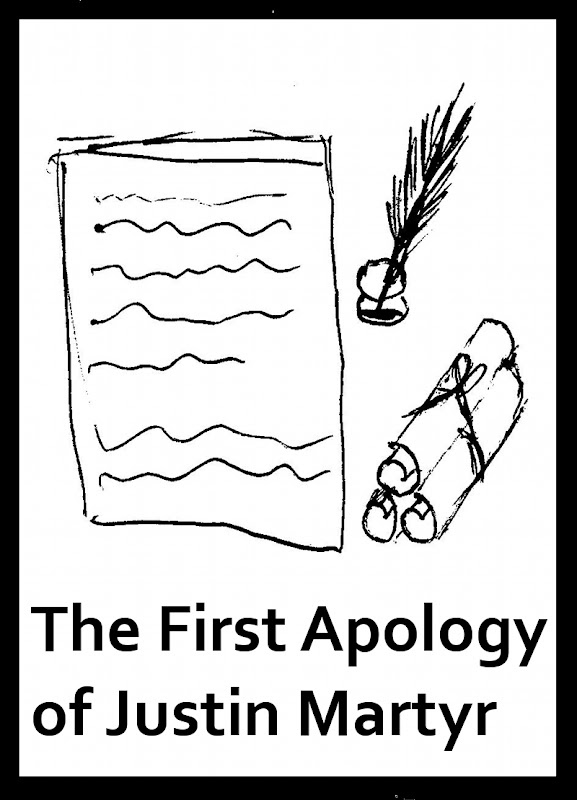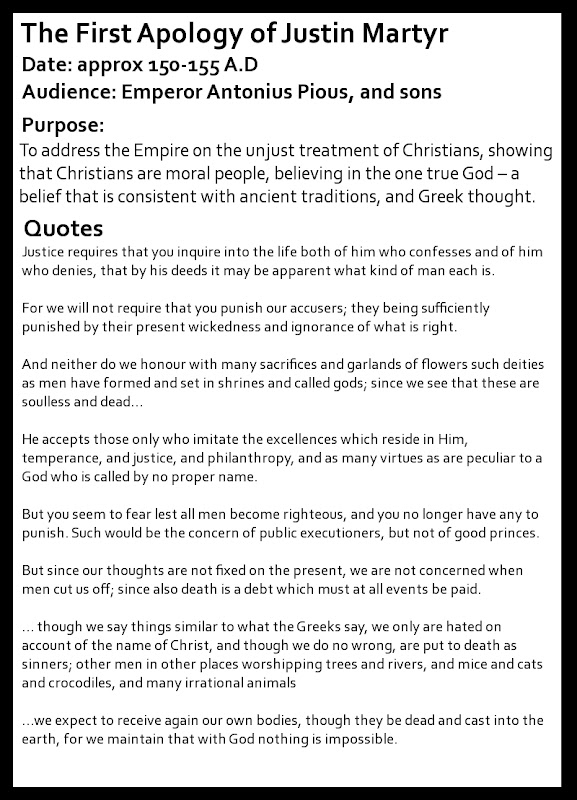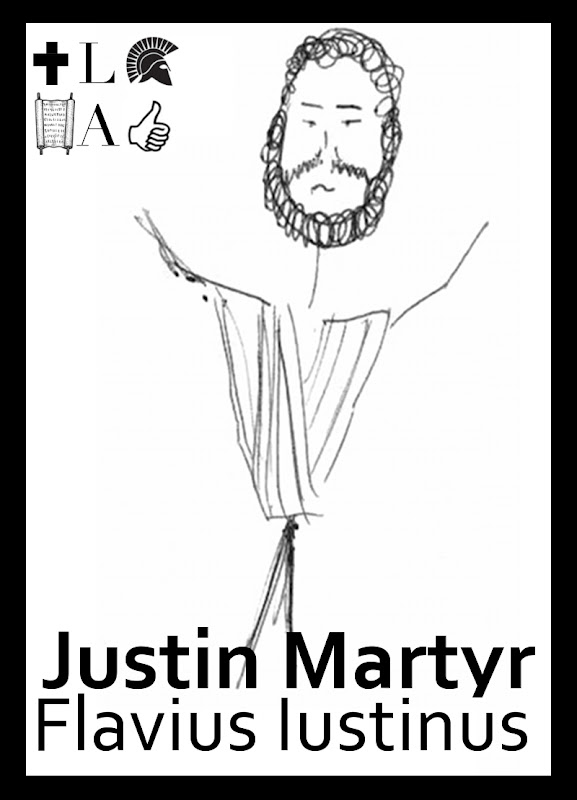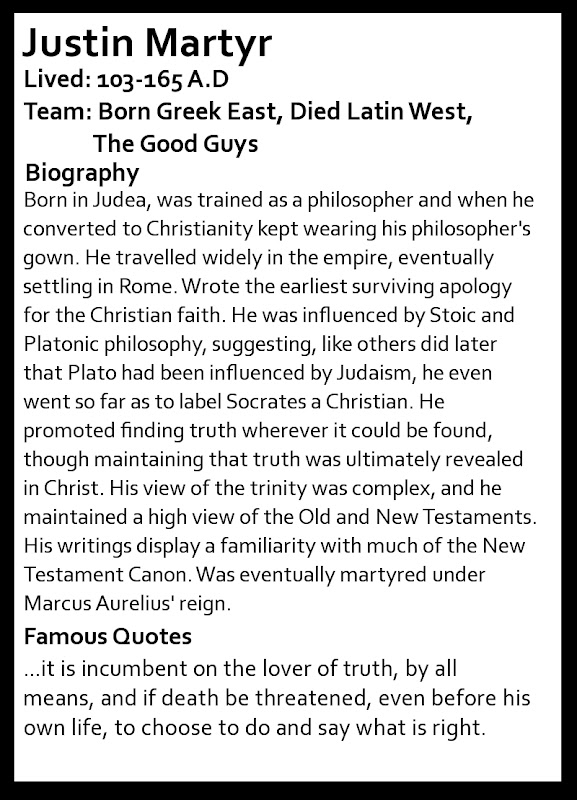I’m not a single issue voter. And I recognise that abortion is a hot-button issue where different worldviews can produce divergent results.
Maybe I feel more strongly about this now that I’m a father, and that I’ve had the experience of watching, via ultrasound, and feeling, via my hands, the development of a baby in the womb. Maybe it’s the experience of watching my daughter’s eyes take in the world around her for the first time… but some recent Australian developments around the issue of terminating pregnancies just makes me sick about the callous nature of modern life.
It makes me despair about the kind of world my daughter will grow up in – where the implications of moving away from a Christian view of human life will start to be truly felt. If we are just a sack of cells, with nothing to distinguish us from the animals, then everything is fair game. There are no checks and balances. No cohesive account of why life is important. Harm based accounts of ethical behaviour are so very arbitrary and will always be decided by the subjective interests of the powerful, or the majority.
As it currently stand there’s such a mish-mash of values being thrown into the moral/ethical/legal pot that something’s got to give. Holding a consistent position beyond valuing all life (or seeing all human life as representing God’s image) just throws multiple spanners into the works. I’ll get to a solution, of sorts, later. Well. I’ll rehash a solution that I’ve posted once before…
Anyway. Here’s a selection of situations in Australia that have prompted my ire.
First, Western Australia is set to join Queensland, in affirming that a wanted fetus is a human.
“Attorney-General Christian Porter is drafting the new laws and will introduce them into State Parliament later this year.
Under present laws, an unborn baby has no legal status and is not recognised by the courts.
But Mr Porter said the new fetal homicide laws would create a new criminal code offence of causing death or grievous bodily harm to an unborn child.
Based on a law already in force in Queensland, it would carry a maximum penalty of life imprisonment.
Offenders who kill or intend to kill an unborn baby by assaulting a mother will face mandatory life imprisonment – the same as a murder charge in all but exceptional circumstances.”
But here’s the kicker.
“He said he intended to consult further with the groups about the Government’s reforms in the coming weeks, but confirmed the legislation would not in any way affect the law relating to abortion in WA.
“The proposed legislation will be drafted to require an unlawful act to be done to the mother before any penalty can apply,” Mr Porter said. “This ensures these changes will not affect a mother’s right to make decisions regarding her pregnancy.”
There would be no limit on when an unborn baby was considered to be a human life.”
So that’s clearly a little inconsistent. And elevates wantedness to incredible significance when it comes to personhood. Which is just bizarre.
But there’s a precedent at play here in recent Australian history – there was a massive public outcry, which highlighted this inconsistency, when a Melbourne hospital terminated the wrong twin in a bungled abortion last year. Again – the unwanted twin was disabled, and would most likely have not lived long, or have been a burden, on the parents. So “wantedness” became the factor by which a decision about the personhood of this twin was essentially made.
Now here’s the icing on the cake. For years. Pro-life, or anti-abortion, activists have been employing a potentially fallacious slippery slope argument against allowing any abortion. Suggesting that once you allow abortion, to be consistent, you should allow the termination of a newborn baby. Because drawing the line at birth is arbitrary. It’s becoming increasingly arbitrary as the miracles of modern medicine mean the viability date for fetus outside the womb is an increasingly early thing.
Most reasonable thinkers have cautioned this kind of argument as being logically incoherent. In the absence of actual evidence of a slippery slope, these arguments are basically setting up a straw man position and not engaging with your opponents with respect.
But now. The slippery slope has been pointed to by a couple of Australian academics. Ethicists. Who recognise that it is incredibly inconsistent to draw a line under a person’s personhood at birth. They’ve argued, in an article published in the Journal of Medical Ethics (PDF), that post birth problem children, who represent an unwanted burden for their parents, should also be terminated. Because they are not morally sentient beings, so therefore not people.
After arguing that children with certain pathologies that would limit a normal life, a reason that would normally constitute grounds for abortion, should also be legitimately terminated after birth, these ethicists go on to suggest that though children with conditions like Down Syndrome can be said to be “happy” – they may present an unfair burden on the parents (the idea that life is to be “fair” is based on some questionable presuppositions).
“Nonetheless, to bring up such children might be an unbearable burden on the family and on society as a whole, when the state economically provides for their care. On these grounds, the fact that a fetus has the potential to become a person who will have an (at least) acceptable life is no reason for prohibiting abortion.
Therefore, we argue that, when circumstances occur after birth such that they would have justified abortion, what we call after-birth abortion should be permissible.”
This seems like a horrible satire. But it’s published in a legitimate journal.
Lest we be mistaken about what they’re arguing for:
“Therefore, we claim that killing a newborn could be ethically permissible in all the circumstances where
abortion would be”
It goes down hill from there…
“Such circumstances include cases where the newborn has the potential to have an (at least) acceptable life, but the well-being of the family is at risk. Accordingly, a second terminological specification is that we call such a practice ‘after-birth abortion’ rather than ‘euthanasia’ because the best interest of the one who dies is not necessarily the primary criterion for the choice, contrary to what happens in the case of euthanasia.”
Here’s where they try to draw a line to define personhood.
“Both a fetus and a newborn certainly are human beings and potential persons, but neither is a ‘person’ in the sense of ‘subject of a moral right to life’. We take ‘person’ to mean an individual who is capable of attributing to her own existence some (at least) basic value such that being deprived of this
existence represents a loss to her.”
Now. I’m no published ethicist. But having a newborn baby in the house gives me a little bit of perspective on this. My baby, who is two months old, cries when she is hungry. She has done since birth. She stops crying when she is fed. At this point I would argue that her cries are indicative of a desire to keep on living, via being fed. I don’t know how one could establish a definitive sense of loss short of asking the person – which would rule out personhood until a baby is old enough to comprehend his or her existence.
At this point we start to see the problem with a general social shift away from a Christian anthropology. A view that people are special because they are created different to the rest of the animals.
“This means that many nonhuman animals and mentally retarded human individuals are persons, but that all the individuals who are not in the condition of attributing any value to their own existence are not persons. Merely being human is not in itself a reason for ascribing someone a right to life. Indeed, many humans are not considered subjects of a right to life: spare embryos where research on embryo stem cells is permitted, fetuses where abortion is permitted, criminals where capital punishment is legal.”
So you can’t kill a functional monkey. But you can kill a disabled baby. The logic here is so thoroughly inconsistent it is staggering.
In applying the logic to themselves – the authors of this study suggest that potentiality is not a valid consideration. You can’t say “well that baby or fetus would have become like us” – because once the decision is made, it’s a moot point.
“If a potential person, like a fetus and a newborn, does not become an actual person, like you and us, then there is neither an actual nor a future person who can be harmed, which means that there is no harm at all. So, if you ask one of us if we would have been harmed, had our parents decided to kill us when we were fetuses or newborns, our answer is ‘no’, because they would have harmed someone who does not exist (the ‘us’ whom you are asking the question), which means no one. And if no one is harmed, then no harm occurred.”
This is where harm based metaethics fall apart. Who decides and defines harm if not the powerful?
The worst bit, I think, is that they rule out adoption as an option – because adoption may cause future psychological harm to the mother, where the decision to coldly and callously end the life of the child will not. In their logic. This is “potential harm” based on some studies done somewhere. Somehow that is more legitimate than speculating about the effect of terminating a living baby on the mother’s emotional well being.
“Accordingly, healthy and potentially happy people should be given up for adoption if the family cannot raise them up. Why should we kill a healthy newborn when giving it up for adoption would not breach anyone’s right but possibly increase the happiness of people involved (adopters and adoptee)?
Our reply is the following. We have previously discussed the argument from potentiality, showing that it is not strong enough to outweigh the consideration of the interests of actual people. Indeed, however weak the interests of actual people can be, they will always trump the alleged interest of potential people to become actual ones, because this latter interest…
…On this perspective, the interests of the actual people involved matter, and among these interests, we also need to consider the interests of the mother who might suffer psychological distress from giving her child up for adoption. Birthmothers are often reported to experience serious psychological problems due to the inability to elaborate their loss and to cope with their grief.
It is true that grief and sense of loss may accompany both abortion and after-birth abortion as well as adoption, but we cannot assume that for the birthmother the latter is the least traumatic. For example, ‘those who grieve a death must accept the irreversibility of the loss, but natural mothers often dream that their child will return to them. This makes it difficult to accept the reality of the loss because they can never be quite sure whether or not it is irreversible.”
One thing you can be sure of is that terminating the life of a child is irreversible. Another thing you can be sure of is that this article won’t be all that palatable with doctors who have to consider the prospect of ending a viable baby’s life (the Hypocratic Oath would seem to prevent such action). But really – the foundational truth here is that once you move away from viewing all human life as carrying the image of God – which is one of the fundamentally important points of Genesis 1 and 2, ignoring questions of science, you don’t really have a leg to stand on when it comes to coherently describing why human life is a good thing, and why it should be protected.
While this will be a minority voice at the table when it comes to setting of policies regarding the rights of a fetus – legislation that is very much on the table particularly in the case of Western Australia… one of the things we, as a church, can and should be doing in Australia is speaking out and saying that we do want these children.
Adoption is a policy solution. Especially if we, as Christians who believe in reconciliation, offer mothers the chance to be involved in their children’s lives – a form of reversible adoption. I think what we should be campaigning for, every time we open our mouths about abortion, is a changing of Australia’s horrendously complex adoption laws. This means being radically prepared to add additional mouths at the table in our family homes. But wow. If infanticide is the alternative – which is a label the authors of this ethics paper tried hard to avoid. Then it is part of the Christian witness to step in and uphold the value of life. Doing that was a driver of change in the Roman Empire – where infanticide was a common practice. Unwanted babies were exposed. Left to die. And the church started collecting them. Caring for them. And challenging the established practice.
Here’s a letter from a travelling father to a mother:
“”Know that I am still in Alexandria…. I ask and beg you to take good care of our baby son, and as soon as I received payment I shall send it up to you. If you are delivered (before I come home), if it is a boy keep it, if a girl, discard it.””
Here’s Justin Martyr on the practice of discarding, or exposing, children and the church’s rejection of it (which often took the form of rescuing exposed children lest they end up in lives of prostitution.:
“But as for us, we have been taught that to expose newly-born children is the part of wicked men; and this we have been taught lest we should do any one an injury, and lest we should sin against God, first, because we see that almost all so exposed (not only the girls, but also the males) are brought up to prostitution…
And again [we fear to expose children], lest some of them be not picked up, but die, and we become murderers.”
And perhaps my favourite, Tertullian, responding to claims that Christian rites involved child sacrifice (which they didn’t).
“But in regard to child murder, as it does not matter whether it is committed for a sacred object, or merely at one’s own self-impulse—although there is a great difference, as we have said, between parricide and homicide—I shall turn to the people generally. How many, think you, of those crowding around and gaping for Christian blood,—how many even of your rulers, notable for their justice to you and for their severe measures against us, may I charge in their own consciences with the sin of putting their offspring to death? As to any difference in the kind of murder, it is certainly the more cruel way to kill by drowning, or by exposure to cold and hunger and dogs. A maturer age has always preferred death by the sword. In our case, murder being once for all forbidden, we may not destroy even the fœtus in the womb, while as yet the human being derives blood from other parts of the body for its sustenance. To hinder a birth is merely a speedier man-killing; nor does it matter whether you take away a life that is born, or destroy one that is coming to the birth…
You first of all expose your children, that they may be taken up by any compassionate passer-by, to whom they are quite unknown; or you give them away, to be adopted by those who will do better to them the part of parents.”
There’s nothing new under the sun. This sort of callous disregard for human life was something best left in the past, and part of the church’s heritage it should be proud of. And embrace. A cursory glance at Wikipedia’s infanticide article demonstrates the pivotal role we played, through embracing unwanted children, in changing the way western society viewed life. We can do it again. And we should.
The other compelling Christian factor in this argument is that the gospel brings a message of wantedness not just to the discarded or “unwanted” child, but to the mother as well. We value people because Jesus valued us. And because God not only implanted his image in humanity, but calls humans to be his people. We’re adopted into his family. We are wanted by God. That’s the essence of a Biblical anthropology, and its a reality which is heightened for the Christian. Which gives us a precedent to follow, and provides a mandate for us to love and seek the unwanted. This, I think, is the most compelling anthropology going round, and it makes sense of life from conception to death. It only really competes with the view put forward by these ethicists – because they’re right. This is the natural outcome of viewing humanity as a fleshy sack of bones and organs. Only these two options have any sense of cohesion.
That is all.



